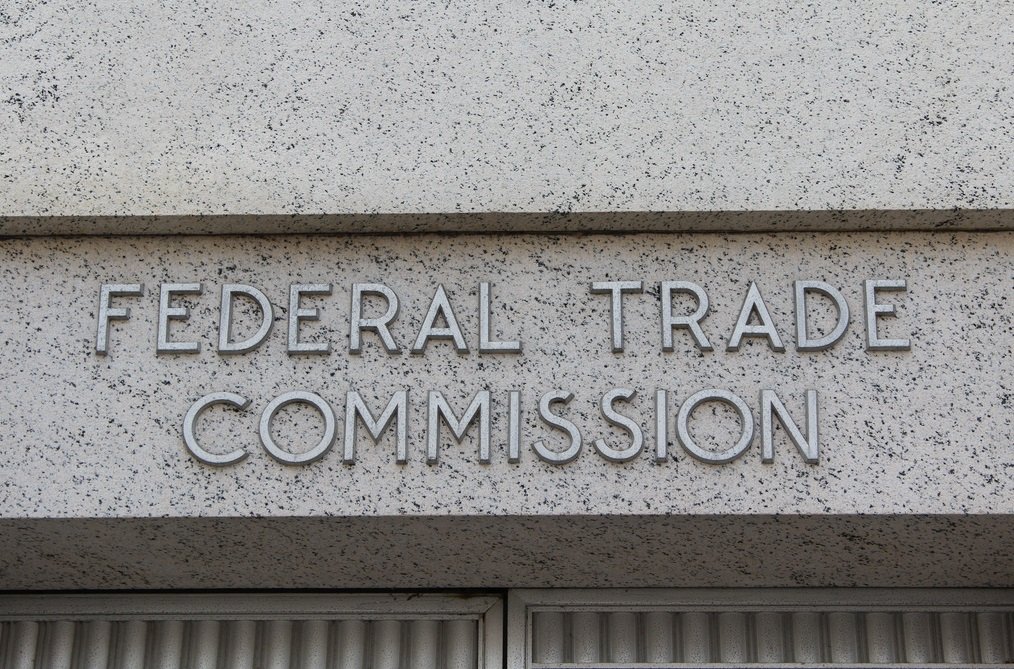The FTC is seeking to shed light on the intricate and clandestine connections between the leading AI companies with a fresh examination. Letters have been dispatched to Alphabet, Amazon, Anthropic, Microsoft, and OpenAI that will, as Chair Lina Khan stated, “uncover whether the investments and partnerships pursued by dominant companies risk distorting innovation and undermining fair competition.”
No suspicion of wrongdoing has been alleged at this stage. However, it is somewhat suspicious that companies already under scrutiny for antitrust practices, or those who have been penalized or settled with regard to them, are seemingly striving to secure the next ground-breaking technology for their exclusive use.
This can be seen in the contrast between Anthropic (backed by Google and Amazon at billion-dollar levels) and OpenAI (backed by Microsoft at billion-dollar levels). Are these companies not merely a proxy for the ambitions of established tech giants?
Or at least, that is how it appears to the average person, and to the FTC, which has learned how to detect early signs of market domination.
“History has shown that new technologies can create new markets and foster healthy competition. As companies race to develop and monetize AI, we must be vigilant against practices that hinder this opportunity,” Khan emphasized in her statement.
The letters sent to the aforementioned companies mandate that they disclose:
- Partnerships, investments, and the “strategic rationale” behind them
- Whether these partnerships have any “practical implications,” such as the timing or methods of introducing new products
- The topics discussed during meetings
- Any analysis conducted on the competitive impact of these transactions on market share and competition
- How these partnerships shape competition for AI-specific resources (such as computing power)
- Any information shared with other government entities (both domestic and foreign) pertaining to these matters
Undoubtedly, the companies in question will scoff at this as a mere fishing expedition into purely harmless business relationships. After all, why wouldn’t companies that have already invested billions in pursuit of AI
As an aside, today the FTC is hosting a summit on AI and its opportunities and risks, particularly in terms of markets and startups. In her opening remarks, Khan noted that training AI models “further incentivizes surveillance,” which, as we all know, has been the preferred business model of Google, Meta, and others over the last decade. She also emphasized that companies cannot utilize claims of innovation to justify unlawful activities.
To rephrase a proverb, an inquiry now saves nine issues down the line. The outcome of this investigation and whether it will lead to further action from the Commission remains uncertain at this point. Nevertheless, it serves as a warning that these companies are being closely observed.








